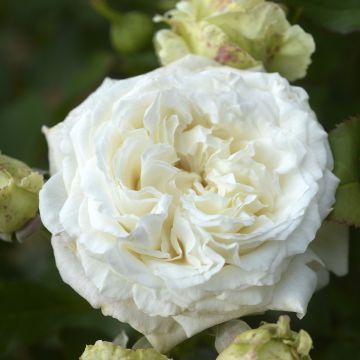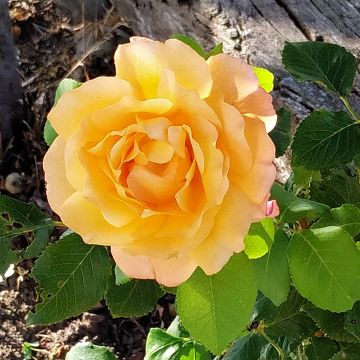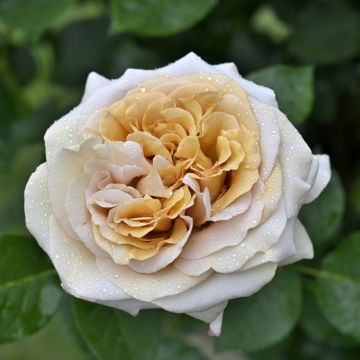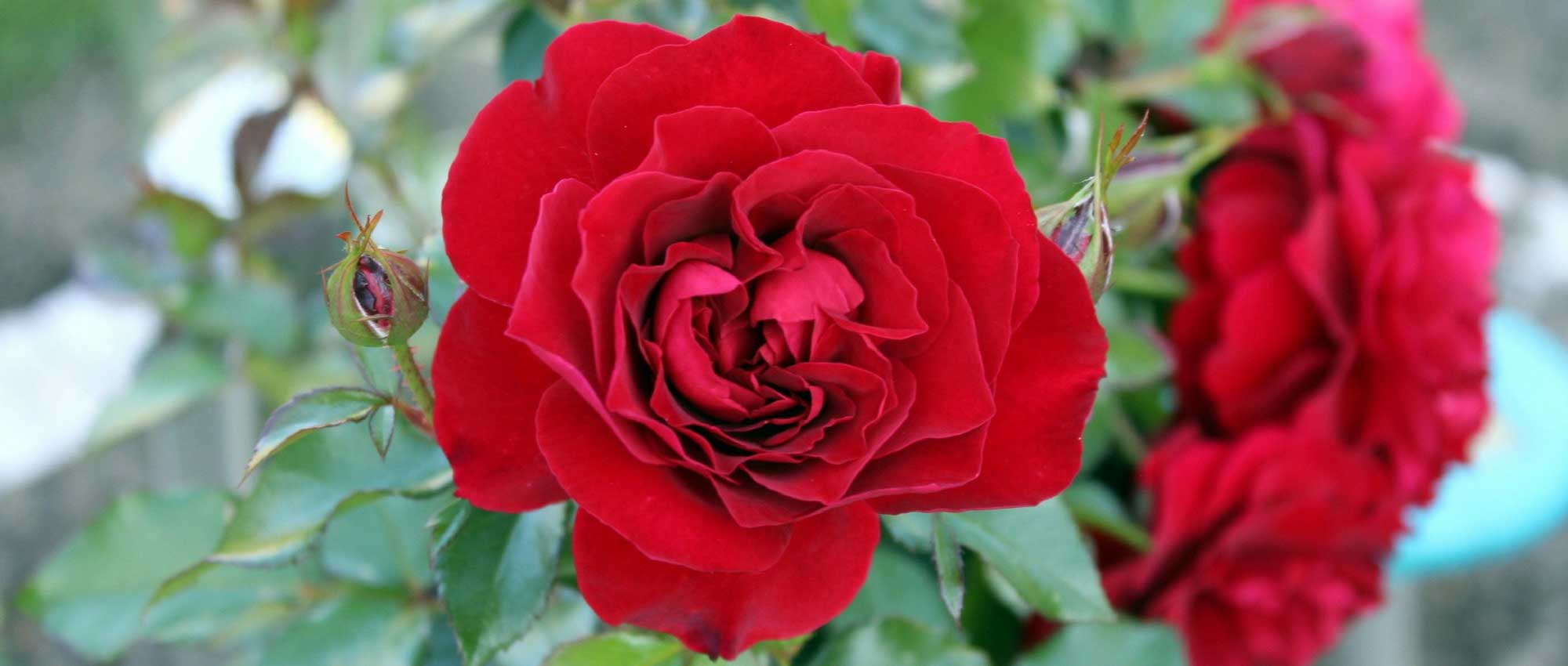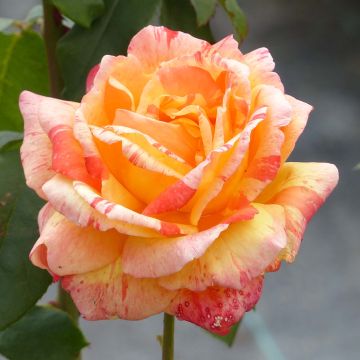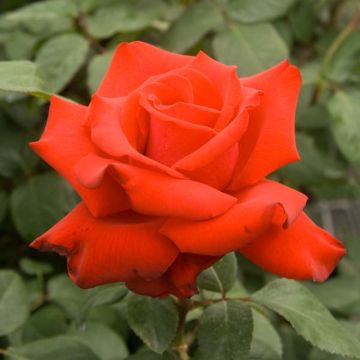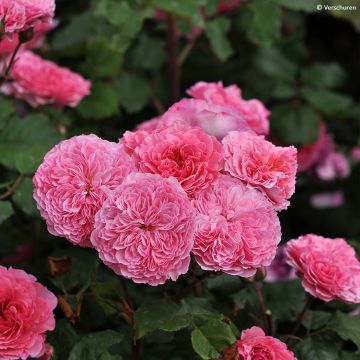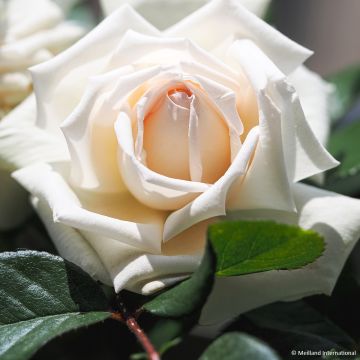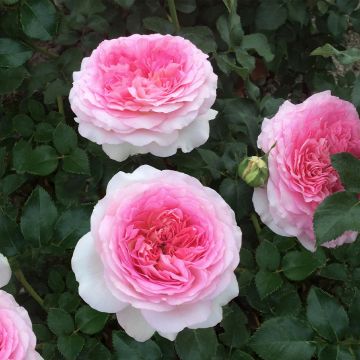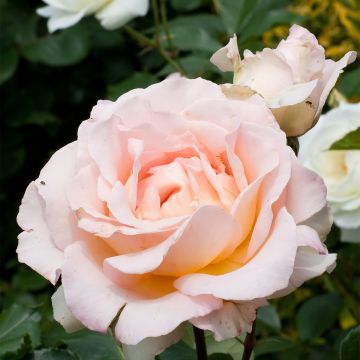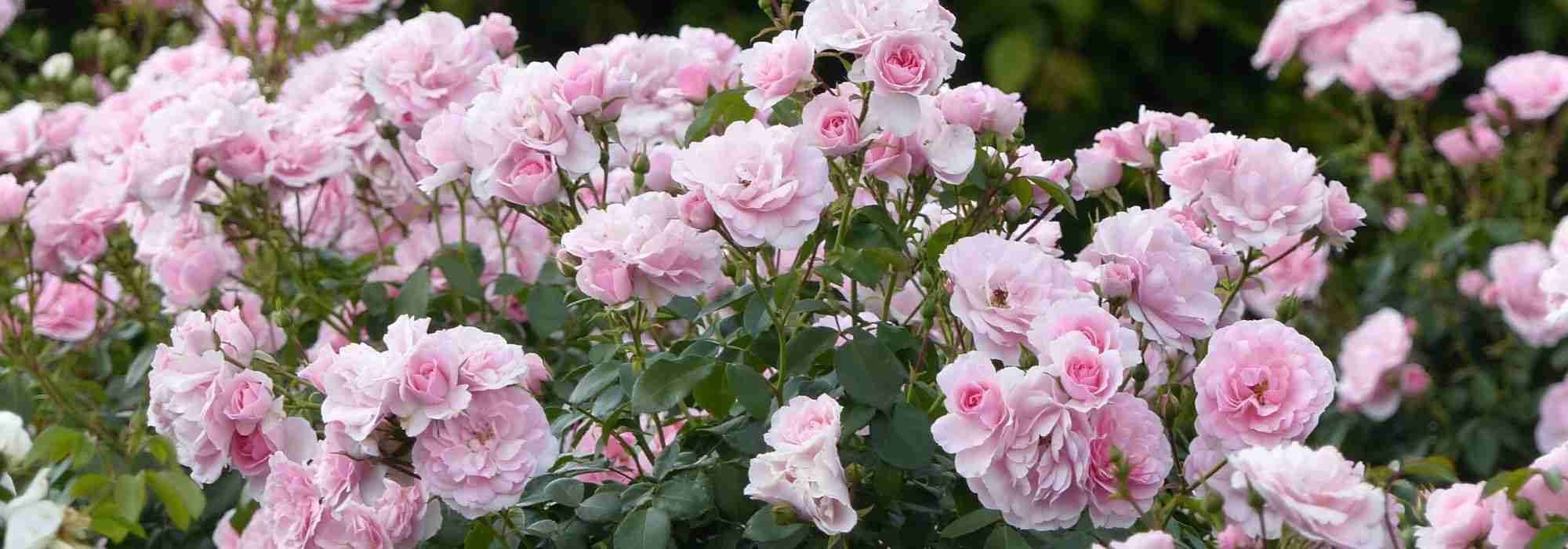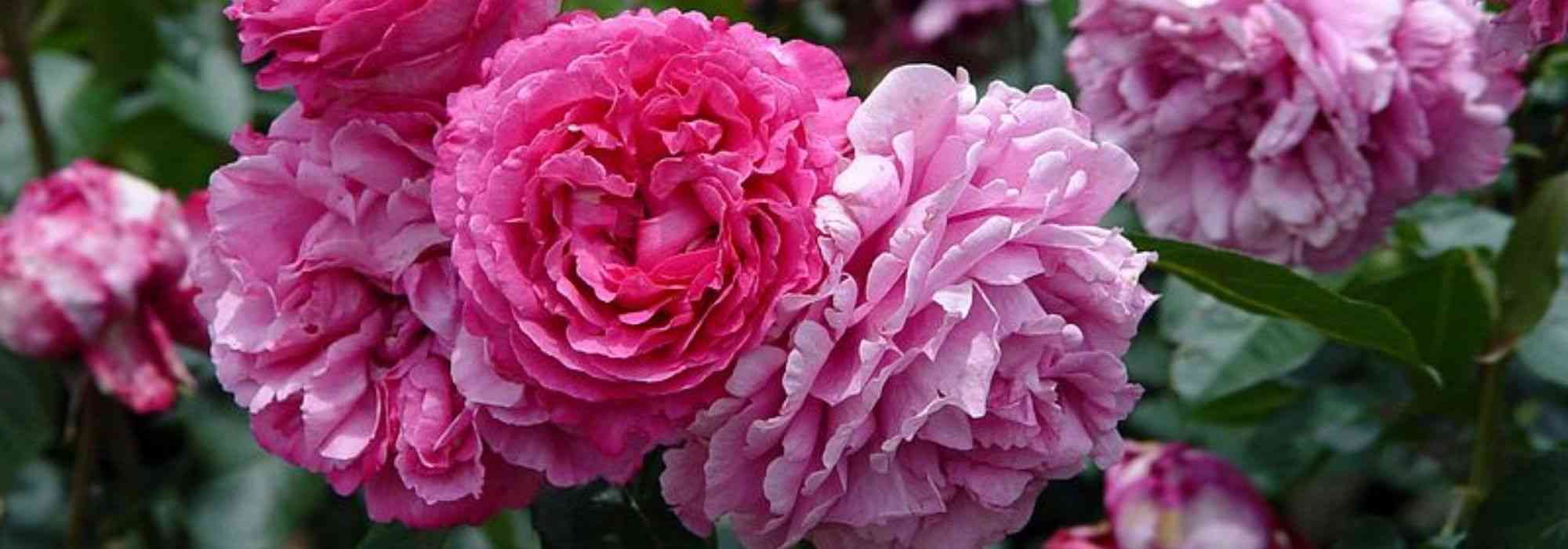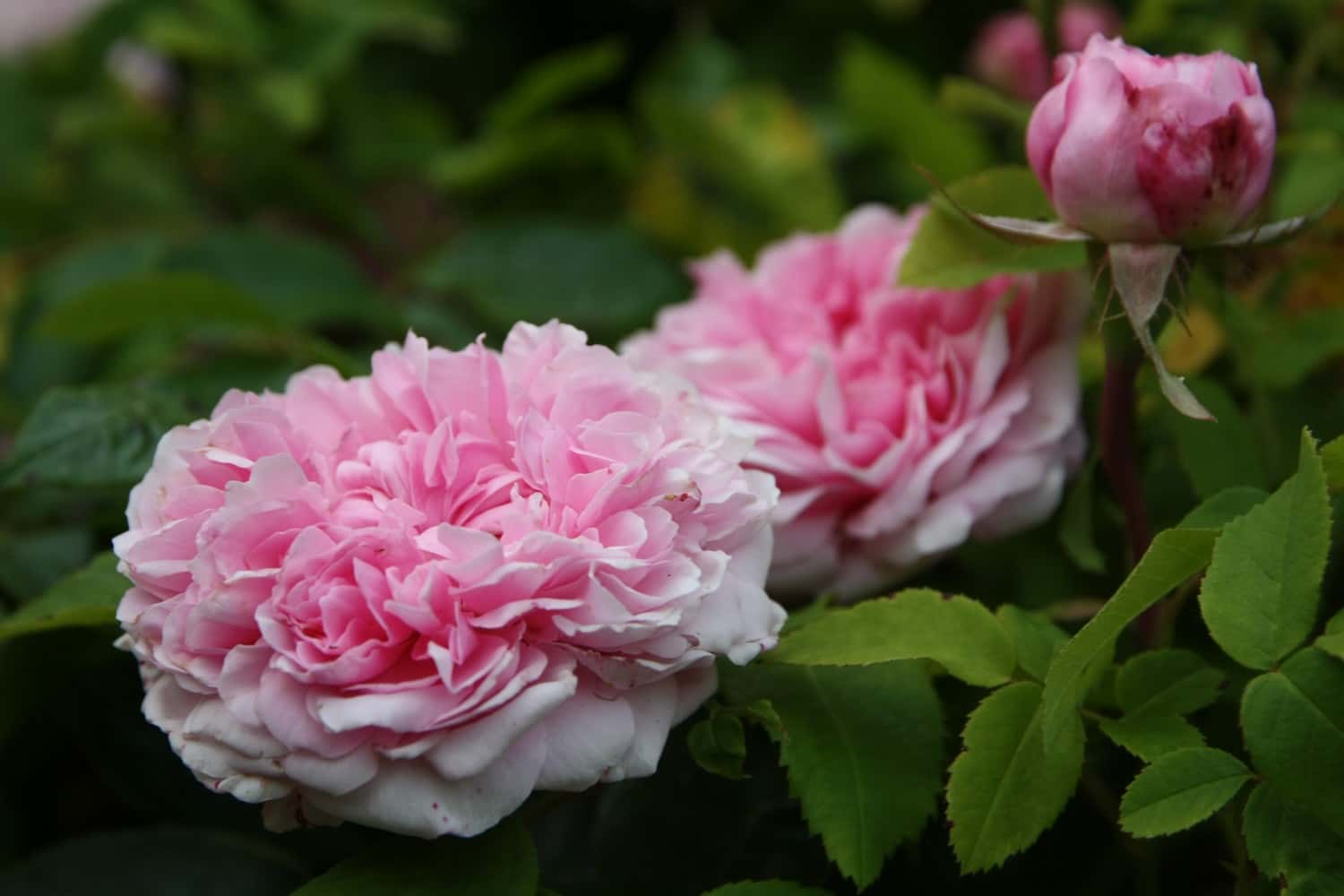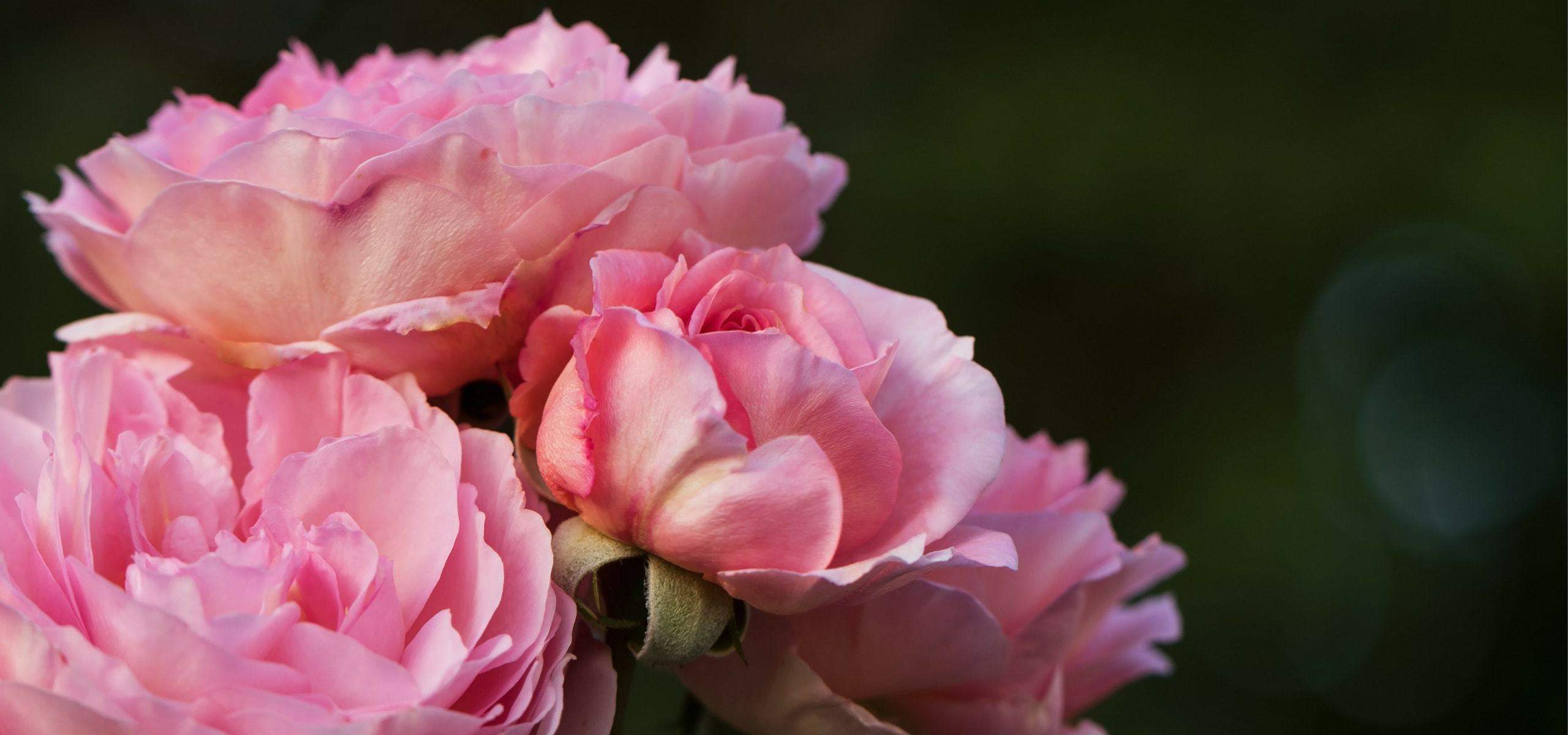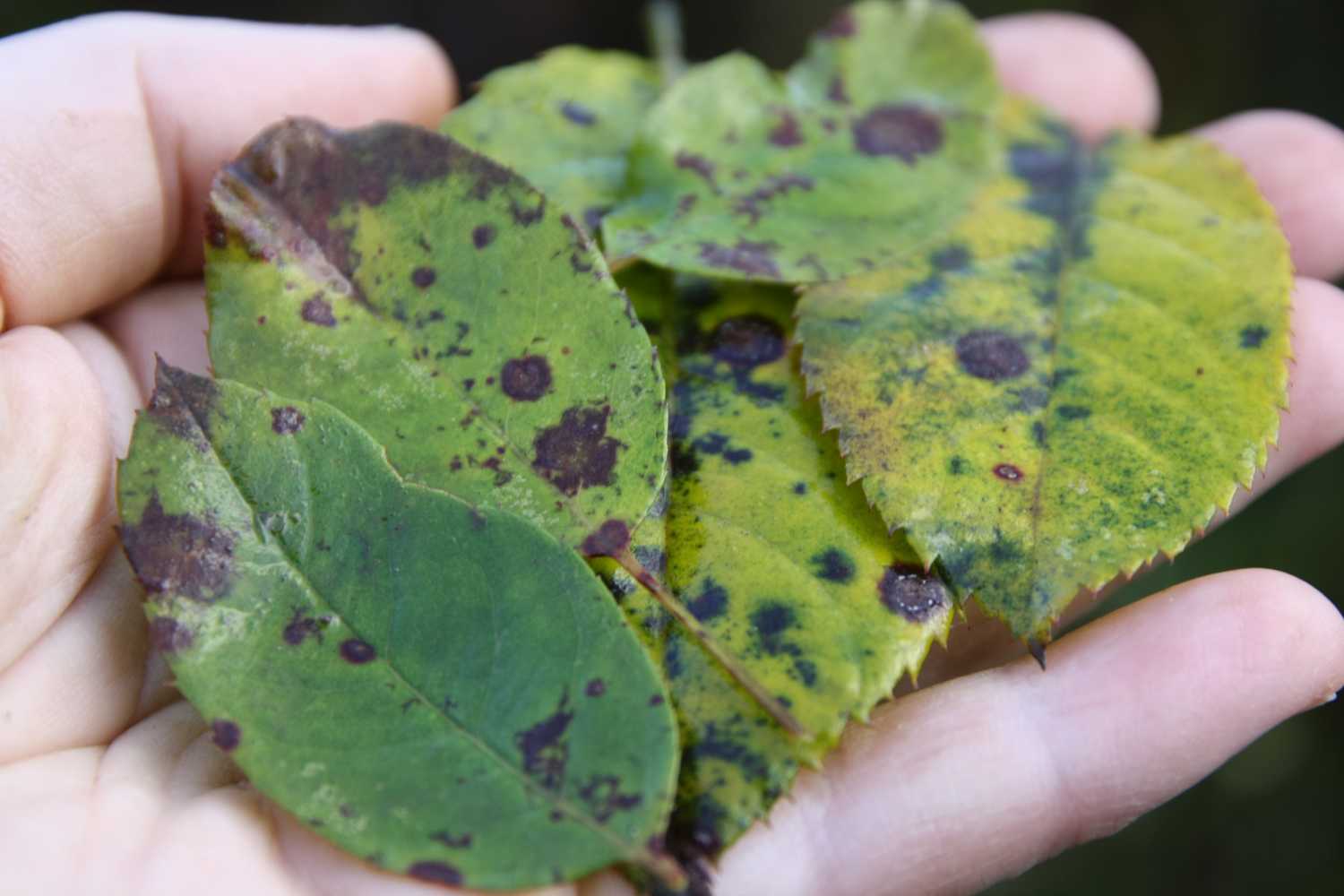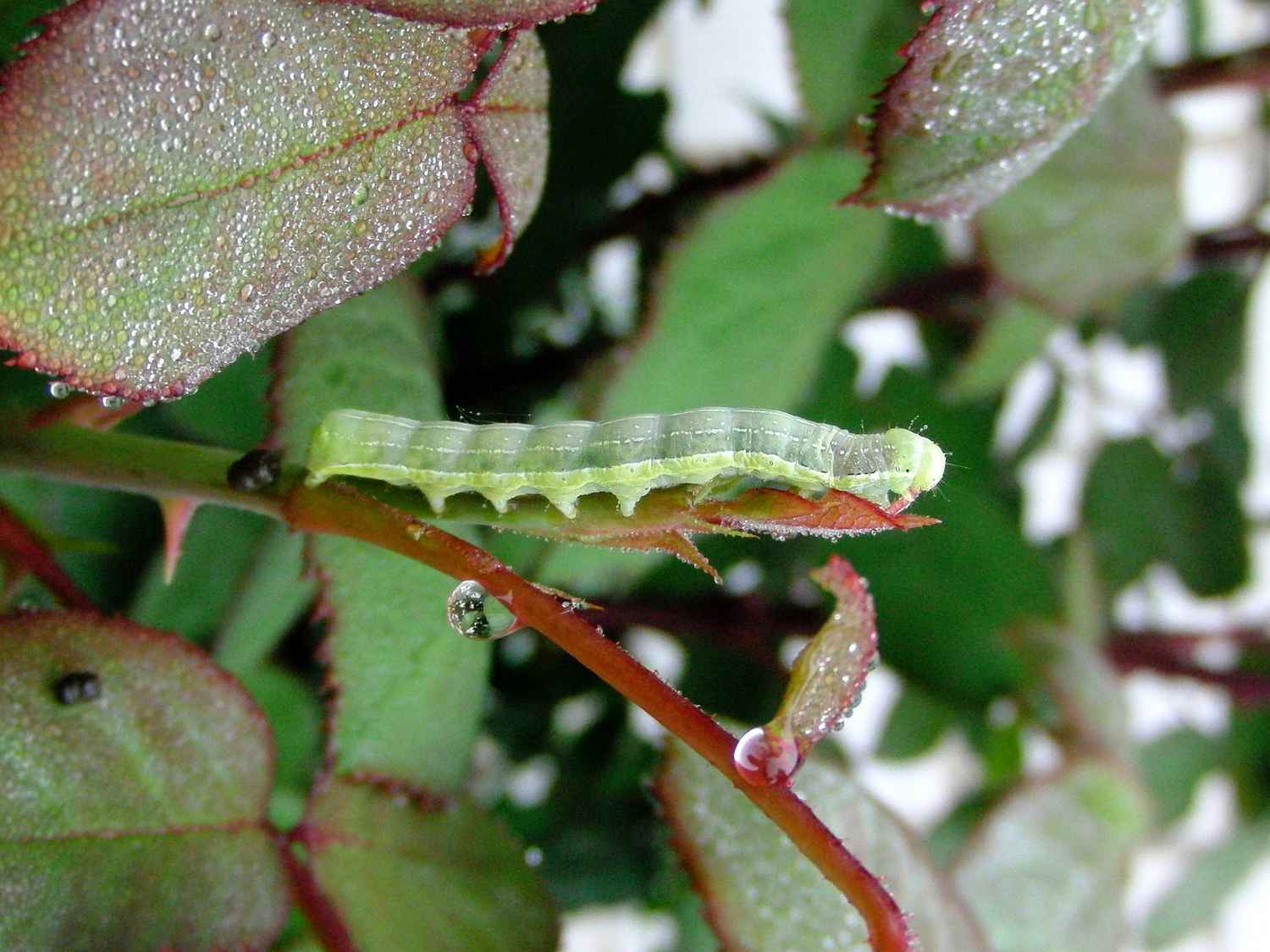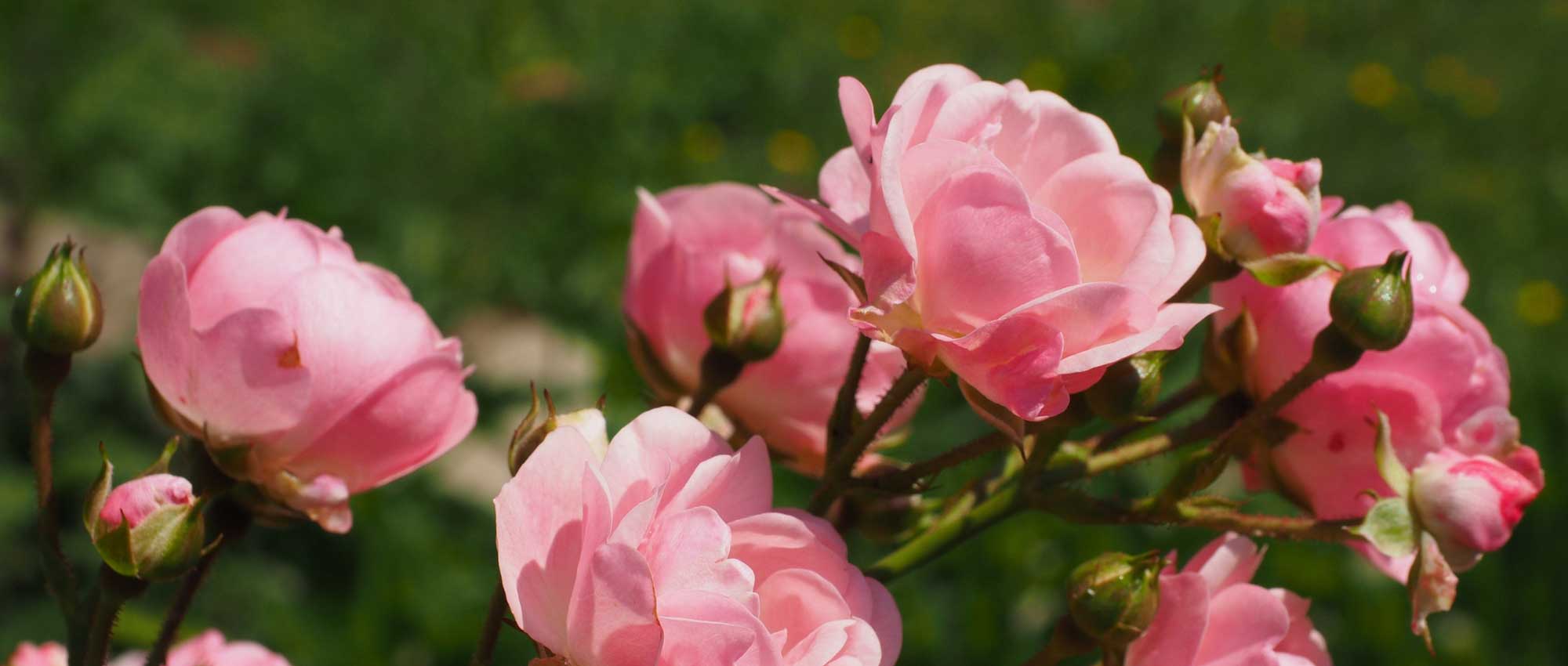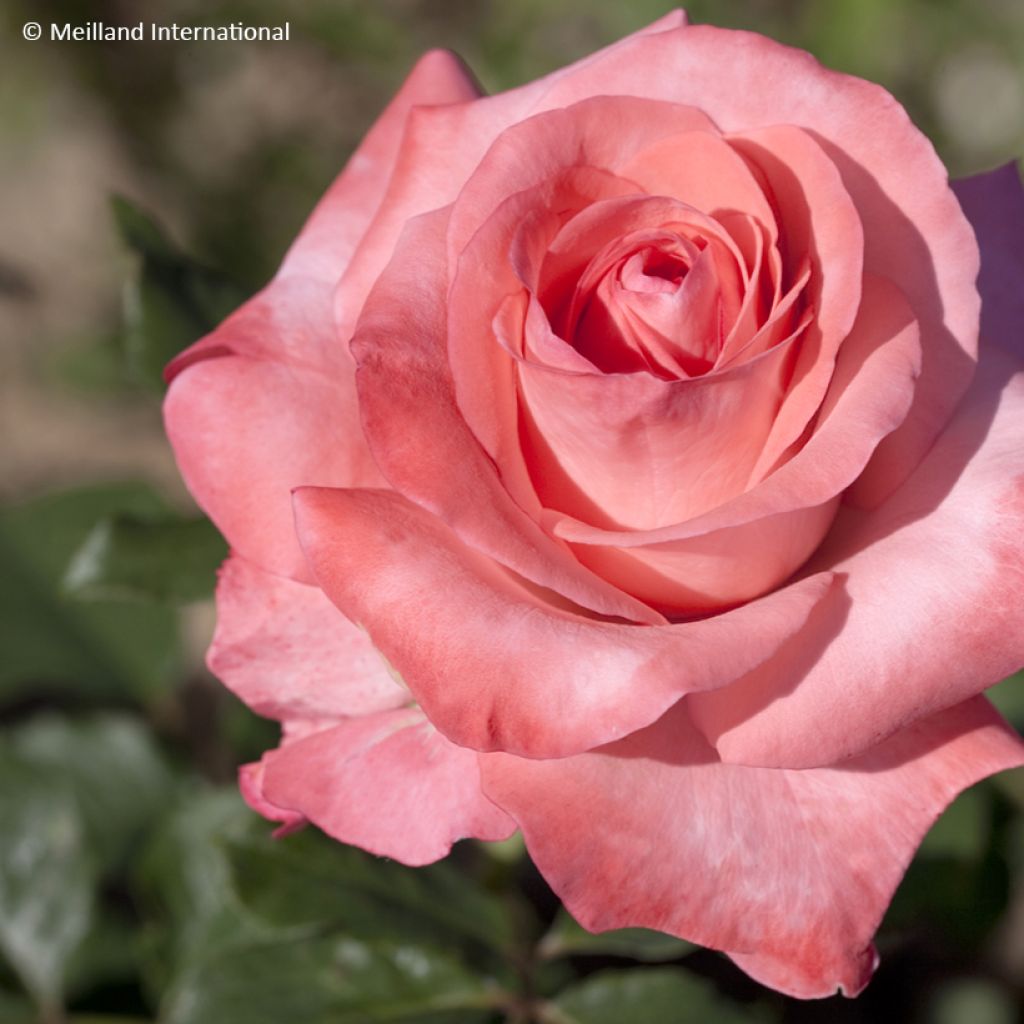

Rosa 'Meihylvol' ARTHUR RIMBAUD® - Rosier Arthur Rimbaud, Rosier Brief Encounter
Rosa 'Meihylvol' ARTHUR RIMBAUD® - Rosier Arthur Rimbaud, Rosier Brief Encounter
Rosa 'Meihylvol' ARTHUR RIMBAUD®
Rosier Arthur Rimbaud, Rosier Brief Encounter
Thank you to the team (for order preparation and shipping), the rose bush I received seems healthy. Planted in the ground, I'm now patiently waiting for it to take root...(or not?).
Thierry, 06/06/2025
Special offer!
Receive a €20 voucher for any order over €90 (excluding delivery costs, credit notes, and plastic-free options)!
1- Add your favorite plants to your cart.
2- Once you have reached €90, confirm your order (you can even choose the delivery date!).
3- As soon as your order is shipped, you will receive an email containing your voucher code, valid for 3 months (90 days).
Your voucher is unique and can only be used once, for any order with a minimum value of €20, excluding delivery costs.
Can be combined with other current offers, non-divisible and non-refundable.
Why not try an alternative variety in stock?
View all →This plant carries a 24 months recovery warranty
More information
We guarantee the quality of our plants for a full growing cycle, and will replace at our expense any plant that fails to recover under normal climatic and planting conditions.


Does this plant fit my garden?
Set up your Plantfit profile →
Description
The Arthur Rimbaud® rose bush is a creation by Meilland dedicated to one of France's most famous 19th-century poets. It required large, sensual, and powerfully fragrant roses to pay tribute to this visionary soul in pursuit of the absolute, with a meteoric destiny. The bush also stands out for its vigour and hardiness. Its generous flowering extends from spring until the first frosts.
Created in 2008, the Arthur Rimbaud® 'Meihylvol' rose bush is a superb hybrid tea rose with an intense fragrance. It has won several international awards, including the Silver Medal in Lyon and the Ladies' Perfume Prize in Hradec Králové, Czech Republic. This variety belongs to the Perfumella® collection which features roses selected for the intensity of their scent.
With its bushy and upright habit, this rose bush reaches a height of 90 cm to 1.30 m and a spread of 50 cm. Its dense, dark green, and glossy foliage highlights its large flowers with a delicate salmon-pink hue. Measuring 11-12 cm in diameter, each flower consists of around 80 petals and exudes a powerful fragrance with notes of May rose (Old centifolia rose) and lemon. The abundant and continuous flowering lasts from May-June until the first frosts. The stems of the Arthur Rimbaud® rose bush are thorny. Its leaves are deciduous, meaning they fall in autumn before regrowth the following spring.
Particularly hardy, the Arthur Rimbaud® 'Meihylvol' bush rose thrives in all climates including the harshest. Use it as a standalone specimen, in groups of 3 to 5 at the centre of a flowerbed, or mixed with other small flowering bushes like dwarf abelias, pink or white shrubby cinquefoils, or Japanese spiraeas... Its soft, warm pink hue pairs beautifully with white, orange, red, or mauve roses.
Plant habit
Flowering
Foliage
Botanical data
Rosa
'Meihylvol' ARTHUR RIMBAUD®
Rosaceae
Rosier Arthur Rimbaud, Rosier Brief Encounter
Rosa ARTHUR RIMBAUD, Rosa Brief Encounter
Cultivar or hybrid
Other Large-flower tea Roses
View all →Planting and care
To plant your Arthur Rimbaud rose, prepare the soil by digging a 30 cm cube, breaking up the earth well and adding a base fertiliser such as dried blood or dehydrated horn at the bottom of the planting hole. Place your plant after removing it from its pot, covering the top of the root ball with 3 cm of soil, backfill and water thoroughly to eliminate any air pockets. In dry weather, water regularly for a few weeks to encourage root establishment. Also remember to feed your rose with a special rose fertiliser to stimulate flowering. Choose a sunny spot, or partial shade in very hot regions.
Planting period
Intended location
Care
Planting & care advice
-
, onOrder confirmed
Reply from on Promesse de fleurs
Haven't found what you were looking for?
Hardiness is the lowest winter temperature a plant can endure without suffering serious damage or even dying. However, hardiness is affected by location (a sheltered area, such as a patio), protection (winter cover) and soil type (hardiness is improved by well-drained soil).

Photo Sharing Terms & Conditions
In order to encourage gardeners to interact and share their experiences, Promesse de fleurs offers various media enabling content to be uploaded onto its Site - in particular via the ‘Photo sharing’ module.
The User agrees to refrain from:
- Posting any content that is illegal, prejudicial, insulting, racist, inciteful to hatred, revisionist, contrary to public decency, that infringes on privacy or on the privacy rights of third parties, in particular the publicity rights of persons and goods, intellectual property rights, or the right to privacy.
- Submitting content on behalf of a third party;
- Impersonate the identity of a third party and/or publish any personal information about a third party;
In general, the User undertakes to refrain from any unethical behaviour.
All Content (in particular text, comments, files, images, photos, videos, creative works, etc.), which may be subject to property or intellectual property rights, image or other private rights, shall remain the property of the User, subject to the limited rights granted by the terms of the licence granted by Promesse de fleurs as stated below. Users are at liberty to publish or not to publish such Content on the Site, notably via the ‘Photo Sharing’ facility, and accept that this Content shall be made public and freely accessible, notably on the Internet.
Users further acknowledge, undertake to have ,and guarantee that they hold all necessary rights and permissions to publish such material on the Site, in particular with regard to the legislation in force pertaining to any privacy, property, intellectual property, image, or contractual rights, or rights of any other nature. By publishing such Content on the Site, Users acknowledge accepting full liability as publishers of the Content within the meaning of the law, and grant Promesse de fleurs, free of charge, an inclusive, worldwide licence for the said Content for the entire duration of its publication, including all reproduction, representation, up/downloading, displaying, performing, transmission, and storage rights.
Users also grant permission for their name to be linked to the Content and accept that this link may not always be made available.
By engaging in posting material, Users consent to their Content becoming automatically accessible on the Internet, in particular on other sites and/or blogs and/or web pages of the Promesse de fleurs site, including in particular social pages and the Promesse de fleurs catalogue.
Users may secure the removal of entrusted content free of charge by issuing a simple request via our contact form.
The flowering period indicated on our website applies to countries and regions located in USDA zone 8 (France, the United Kingdom, Ireland, the Netherlands, etc.)
It will vary according to where you live:
- In zones 9 to 10 (Italy, Spain, Greece, etc.), flowering will occur about 2 to 4 weeks earlier.
- In zones 6 to 7 (Germany, Poland, Slovenia, and lower mountainous regions), flowering will be delayed by 2 to 3 weeks.
- In zone 5 (Central Europe, Scandinavia), blooming will be delayed by 3 to 5 weeks.
In temperate climates, pruning of spring-flowering shrubs (forsythia, spireas, etc.) should be done just after flowering.
Pruning of summer-flowering shrubs (Indian Lilac, Perovskia, etc.) can be done in winter or spring.
In cold regions as well as with frost-sensitive plants, avoid pruning too early when severe frosts may still occur.
The planting period indicated on our website applies to countries and regions located in USDA zone 8 (France, United Kingdom, Ireland, Netherlands).
It will vary according to where you live:
- In Mediterranean zones (Marseille, Madrid, Milan, etc.), autumn and winter are the best planting periods.
- In continental zones (Strasbourg, Munich, Vienna, etc.), delay planting by 2 to 3 weeks in spring and bring it forward by 2 to 4 weeks in autumn.
- In mountainous regions (the Alps, Pyrenees, Carpathians, etc.), it is best to plant in late spring (May-June) or late summer (August-September).
The harvesting period indicated on our website applies to countries and regions in USDA zone 8 (France, England, Ireland, the Netherlands).
In colder areas (Scandinavia, Poland, Austria...) fruit and vegetable harvests are likely to be delayed by 3-4 weeks.
In warmer areas (Italy, Spain, Greece, etc.), harvesting will probably take place earlier, depending on weather conditions.
The sowing periods indicated on our website apply to countries and regions within USDA Zone 8 (France, UK, Ireland, Netherlands).
In colder areas (Scandinavia, Poland, Austria...), delay any outdoor sowing by 3-4 weeks, or sow under glass.
In warmer climes (Italy, Spain, Greece, etc.), bring outdoor sowing forward by a few weeks.






























